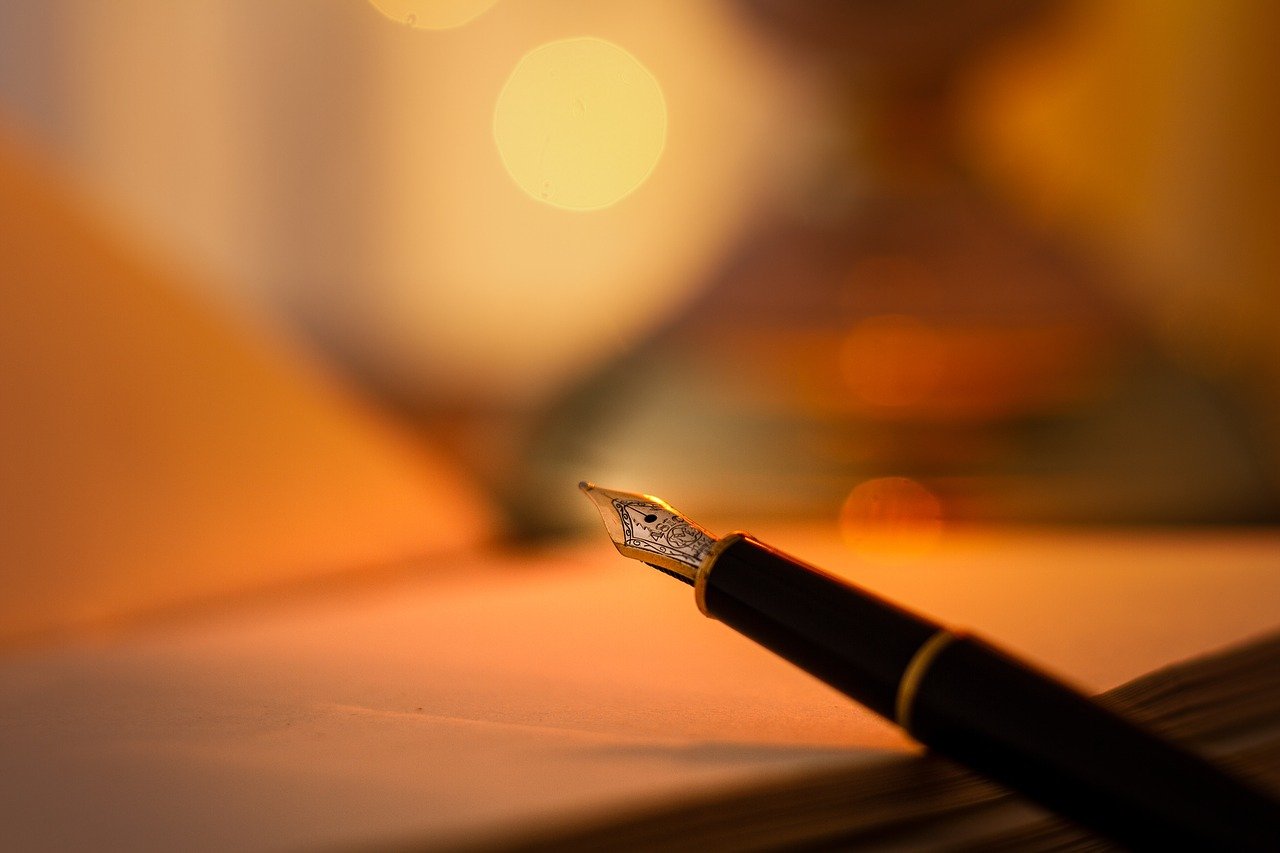No other nation has poetry flowing through its history and its soul quite as strongly as Afghanistan does. The rich tradition of poetry in Afghanistan dates back thousands of years, and historic and contemporary poems alike are cherished by just about every group in modern Afghan society. To learn more about the special place that this unique art form occupies in the hearts of Afghans, read on for a look at some fascinating facts about poets and poetry in Afghanistan.
Afghanistan has produced countless famous and passionate poets.
Poetry has existed in the region that we now know as Afghanistan for more than 3,000 years. It’s therefore hardly surprising that, over the centuries, the region has produced some of the world’s most famous and passionate poets, many of whom are enjoying a newfound popularity with contemporary audiences. These poets include:
Rumi—The 13thcentury Sufi poet and mystic Jalal al-Din Rumi, better known simply as Rumi, is the most widely celebrated Persian language poet in the world. Born in Balkh in 1207, Rumi lived for much of his life in present-day Turkey, but is still claimed by Afghans as their own beloved poet. His thousands of poems, many of which were inspired by his friendship with the mystic and religious seeker Shams of Tabriz, are known for combining religious themes and imagery, and for exploring spiritual love and transcendence. Rumi’s most important work is the Mathnawi or Masnavi, a six-book spiritual epic that attempts to teach followers of the religious tradition of Sufism to become one with God.
Jami—Two centuries after Rumi, the Persian-language scholar, mystic, and poet Jami was born and spent his life in Herat, which was a noted literary and scholarly center for many centuries. His work explores complex questions of ethics and philosophy using what has been described as a fresh, graceful, and simple style. Many Islamic rulers of the time offered patronage to Jami, but he refused most of these proposals, preferring to live simply as a mystic and scholar rather than as a court poet.
Khushal Khan Khattak—Often referred to as the national poet of Afghanistan, as well as the father of Pashto literature, the 17th century Pashto poet Khushal Khan Khattak was both a poet and a warrior. A renowned military fighter who first served the Mughal empire and later turned against it, Khushal Khan Khattak spent the last years of his life promoting the cause of Pashtun nationalism through his poetry. It is estimated that he wrote some 45,000 poems in total, primarily on subjects such as honor, war, unity, and love.
Poetry readings are a common pastime.
In present-day Afghanistan, poetry is considered one of the highest forms of self-expression, so it’s not surprising that gathering to read and share poems, both old and new, is a popular pastime among Afghans.
In Herat, for example, members of the Herat Literary Association meet weekly to share and discuss their latest works. While these poets come from all walks of life, many are young people looking for an outlet to express their views on life in contemporary Afghanistan. Poems shared at the Herat Literary Association deal not only with weighty subjects such as war and peace, but also with love, friendship, and the realities, both positive and negative, of daily life.
In Afghanistan, poetry can be competitive.
Have you ever thought of poetry as a competitive sport? One of Afghanistan’s most intriguing poetic traditions is “sher jangi,” which translates as “poetry fighting” or “poem battle.” In this game, which is a common form of entertainment in Afghanistan, one person kicks off the contest by composing a verse. The challenger must then reply with a new verse or line which not only responds thematically to the previous verse, but also begins with the same letter as the last word of the previous verse.
The contest continues back and forth until one poet fails to come up with a coherent response. The tradition of sher jangi is at least a thousand years old: once performed by master poets at court, poetry fighting is now popular among adults at parties and gatherings, and as a game for younger boys and girls.
The Kabul Public Library was established by poets.
Of the handful of public libraries that exist in Afghanistan, the Kabul Public Library is the country’s only state-owned public library. It therefore seems entirely fitting that this library was established in 1966 by members of the Association of Poets. An organization that brought scholars, playwrights, teachers, and poets together from all across Afghanistan, the Association of Poets gave Afghan literary artists a sense of support and camaraderie that few had experienced before. The four founding members of the library transformed this wonderful poetic energy into a small but important literary hub that, today, is home to thousands of poetry books, among other resources.

